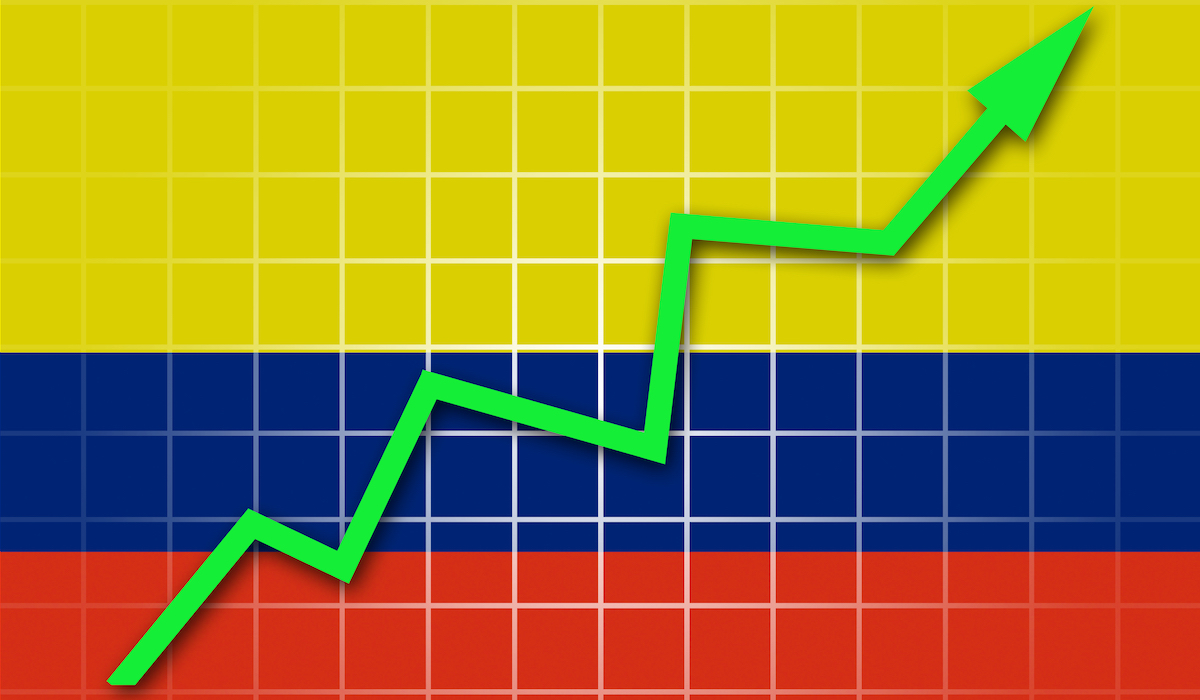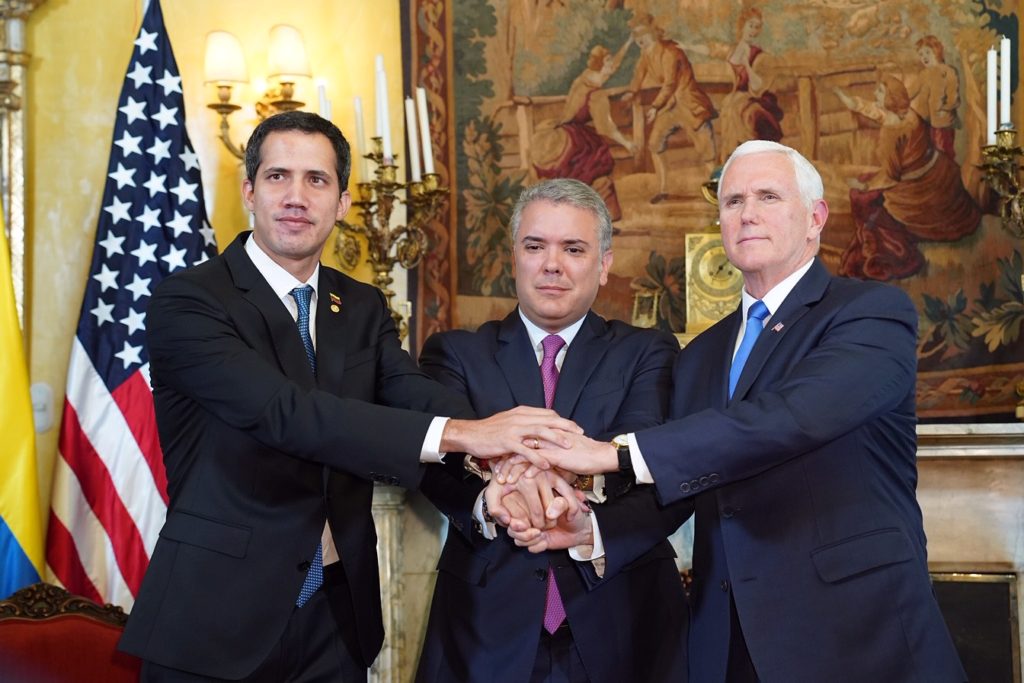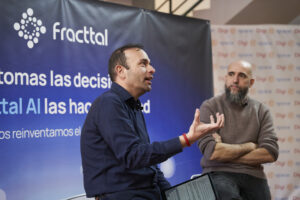The president of Colombia’s National Industrialists Association (ANDI), Bruce MacMaster, set off alarms this weekend when he told Colombia’s La República newspaper that Colombia’s deficit spending and rising debt levels are unsustainable and still at levels which assume higher oil prices and investment. In the interview, MacMaster states that he believes that Colombia’s path to growth is through looser lending standards and more domestic consumption.
Colombia Focus has translated MacMaster’s interview to English for our English-language readers.
Q: How do you think that the year, in terms of the GDP, Consumer Price Index (CPI) and the dollar, will end? What data do entrepreneurs look at when setting their budget?
BM: We have a year in which economic growth has been relatively low, but if compared with Latin America, it is certainly not the worst. I don’t like comparing ourselves with our partners, but instead with the capacity to produce on our own. I believe that the final GDP growth in Colombia will be 1.8%; surely the CPI will be close to 4% or below; and the dollar will be in the range of $2,900-3,000 COP.
Q: So then, is Colombia bouncing back this year?
BM: It won’t be bouncing back because 1.8% is a very modest number. We have to revitalize the economy and try to create better conditions for more demand.
Q: What comments or evaluations have you heard from the entrepreneurs about fiscal reform?
BM: I think it is necessary to combat tax evasion, including tax withholdings and havens. But it is important to note that Colombia is sustaining a level of expenditures that it cannot afford. Expenditures still reflect a level when there were petroleum and mining industry booms.
Q: Which sectors can propel growth?
BM: In the short term, the second and third quarters, there are no new sectors that can power growth. However later in the year, some of them that could be able to bounce back, such as the textile industry, fashion, automobile, electrical household appliances and beverage industries. Right now, the greatest opportunities are in technology and agro-industry.
Q: How much do you calculate it was the impact of the new law regarding overtime work?
BM: Not everyone thinks that this was favorable labor legislation. Workers will now receive around $300,000 million pesos less.
Q: What can you tell us about the Business Assembly this year in the ANDI?
BM: We’ll keep working on big topics, such as the impact of the peace agreements, political reform, and discussion of pensions. We will also launch a second volume of the book “Estrategia para una nueva industrialización” (Strategy for a new industrialization).
Q: Which are the challenges that the country faces in order to improve growth?
BM: They are three things. First, the Banco de la República (Bank of the Republic) must continue to reduce rates, and this reduction must be transferred to the consumer. Second, there must be an increase and more promotion of exports. And third, the creation of programs to promote national production, as Mexico has done.
Now, what we’ve been proposing for some time is for Colombia to have a business development policy. It isn’t about protectionism, but for example, about a reduction, not just in bureaucratic procedures, but in licenses. There’s still no understanding of the social value of a company.
Q: How have you considered the changes that have already taken place in the interest rate of Banco de la República?
BM: The Central Bank waited too long to increase the rate when we saw the first signs of currency devaluation, which was already very pronounced in 2015. The bank didn’t believe that this would create inflation. There are people who say that inflation was partly caused by the “El Niño” phenomenon. The discussion around the rate is not important anymore, the challenge now is that the effects of this recent round of easing will result in two things, a lower borrowing rate and an increase in demand.
Q: What impact is there that the borrowing rate is calculated on a monthly basis?
BM: We have been saying that we believe the system should be managed by the country’s Superintendencia Financiera, where the rate is calculated on a weekly basis. This will, of course, reduce the bank profit margins, but I think it is necessary.
Q: What is your perspective on industry results this year?
BM: We have the Collaborative Business Opinion Survey, where we query many sectors and then combine that with other data. In the first five months, there was a decrease in industrial production. The information for May shows a drop of 0.7%, a result which really is bad for everyone.
Q: Businessmen maintain expansion plans but are more pessimistic about the economy. How can you explain this?
BM: They ask me if the economic situation in Colombia is good and I say that it is neither good nor very good, we’re at a moment when we need to be careful, but it is not bad nor awful. In the macro aspect, we are quite good, and we have to recognize that. There are other aspects in which we need to work, like demand and consumption. I’ve said that the economy is not just the macro, but micro as well.
Watch the full interview with Bruce MacMaster on YouTube below.







